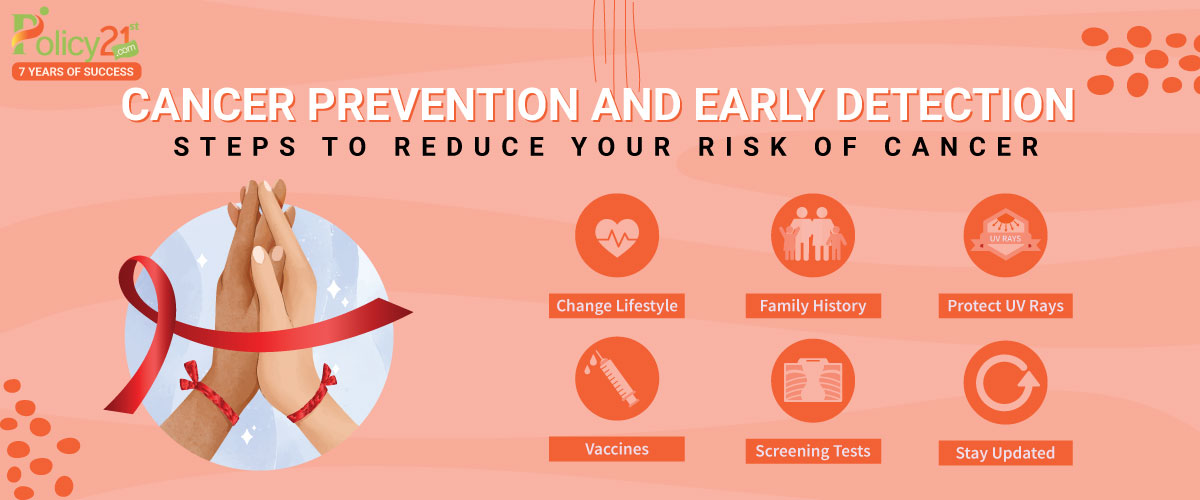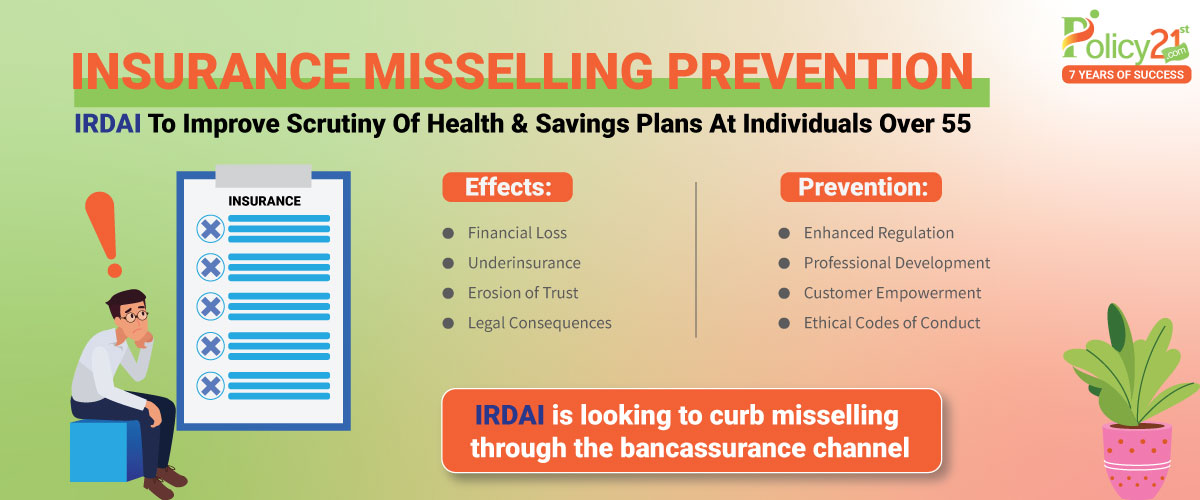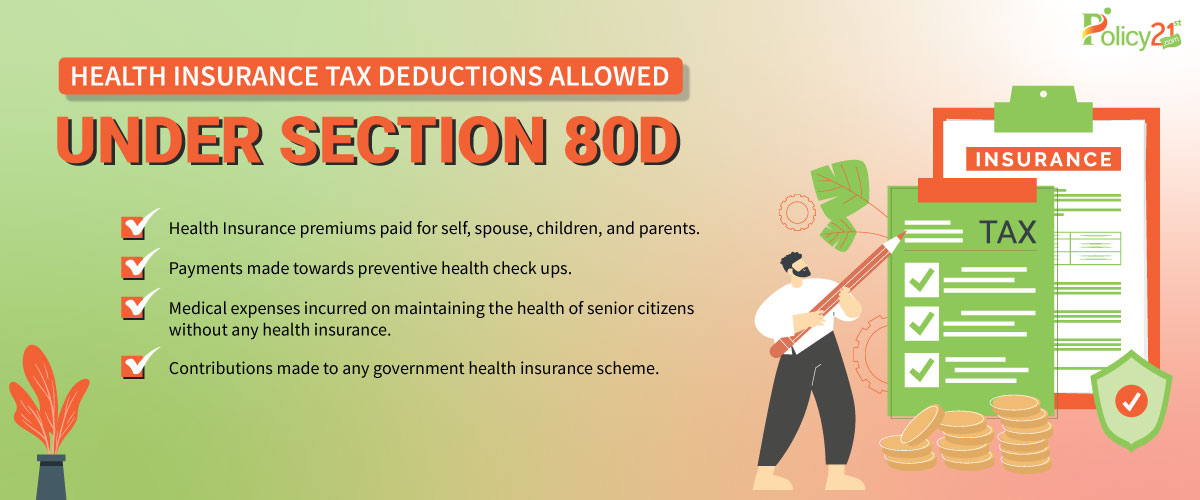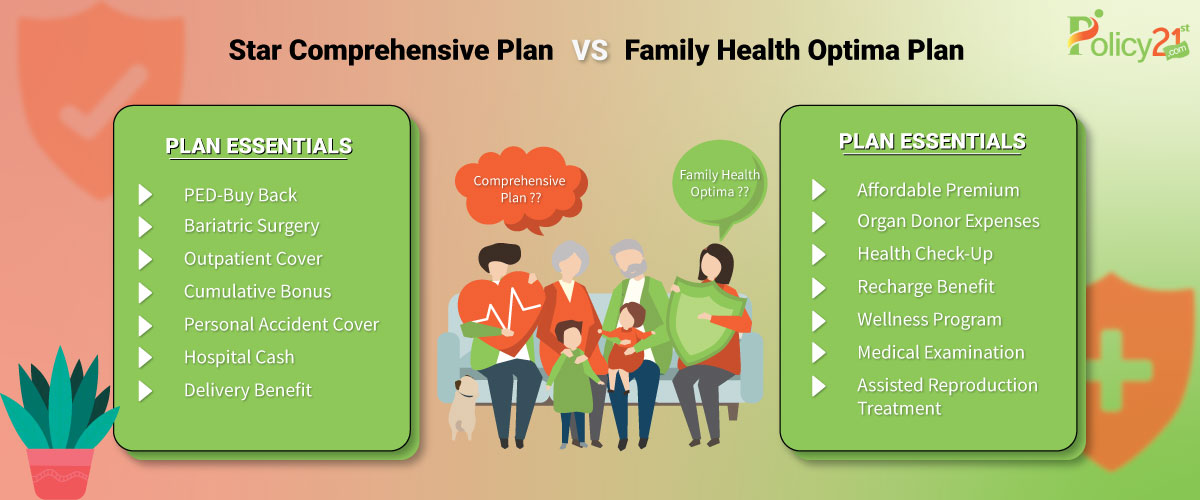Every year, Cancer, the most terrible disease known, affects millions of individuals worldwide. Age and heredity are two unavoidable risk factors for cancer, but there are several proactive measures people can take to lower their risk of the disease and improve their chances of early diagnosis. Let us read this blog further and look at important methods for cancer prevention and early diagnosis that can give people the confidence to take control of their health and well-being.
What are the Cancer Causes?
It is essential to understand the different cancer causes before implementing any preventative measures. Although many risk factors, like genetics and family history, are unavoidable, there are several lifestyle-related variables that people can change to lower their risk.
Tobacco Use: Smoking is one of the main global causes of cancer since tobacco smoke contains a variety of toxins. Tobacco use in any form should be avoided, including smokeless tobacco, cigars, and cigarettes.
Unhealthy Diet: A diet rich in red and processed meats, processed foods, sugar-filled drinks, and saturated fats has been associated with a higher risk of cancer. A balanced diet high in whole grains, fruits, vegetables, and lean meats helps reduce the risk of cancer.
Physical Activity Levels: Lifestyle inactivity raises the risk of obesity and certain cancers, such as prostate, colon, and breast cancer. Regular physical exercise can reduce the risk of cancer and improve general health. Physical activities include walking, running, swimming, and cycling.
Excessive Consumption of Alcohol: Drinking alcohol has been associated with a higher chance of developing cancers, such as those of the breast, liver, and esophagus. Reducing alcohol use to moderation (if alcohol is drunk at all) can help lower the risk of cancer.
Sun Exposure: UV radiation emitted by the sun and indoor tanning beds damages skin cells and raises the risk of melanoma and other skin cancers. Skin Cancer Prevention requires adopting sun safety behaviors, such as using sunscreen, dressing in protective clothing, and looking for shade.
Do You Know: In the last few years, Colorectal Cancer has been the third most frequent cancer globally in recent years. According to the World Health Organization, 10% of cancer patients get severe symptoms from colorectal cancer, which usually affects those 50 years of age or older. This is supposed to be the second biggest cause of cancer-related fatalities worldwide. Therefore, getting diagnosed in time is essential. Although the exact causes of colorectal cancer are unknown, it is possible to avoid it if risk factors are reduced with Cancer awareness and cancer prevention.
If you are suffering from this type of cancer or someone else, this article can help you better understand and manage it. Read the article Colorectal Cancer- Types, Causes, Symptoms, Treatment to learn everything about colorectal cancer, i.e. its types, causes, risk factors, symptoms, and treatments.
Have Any Question?
Ask us anything, We would love to answer!
How to approach for Cancer Prevention Strategies?
Now you are aware of some major cancer causes. The following are the proactive strategies of Cancer Prevention that individuals can use to lower their risk. Let us read further.
Adopt a Healthy Lifestyle: You can significantly reduce your risk of cancer by leading a healthy lifestyle. This includes eating a healthy, balanced diet, exercising frequently, avoiding tobacco and excessive alcohol use, and keeping a healthy weight.
Attend Regular Screenings: Early detection of cancer symptoms allows for the best chance of cancer treatment. Screenings such as mammography, Pap smears, colonoscopies, and skin examinations are examples of routine cancer screenings. Observe the screening recommendations made per your age, gender, and personal risk factors.
Protect Yourself from UV Radiation: When you are outside, wear sunglasses, protective clothes, and sunscreen with a high SPF to reduce your exposure to UV radiation. Stay away from indoor tanning beds, which release UV rays and raise the risk of skin cancer.
Know Your Family History: It can be possible to detect potential genetic risk factors by learning about your family history of cancer. Give your medical doctor access to this information so they can evaluate your risk and suggest necessary screening or preventative therapy.
Remain Up to Date: Stay informed on the latest recommendations for screening, risk factors, and cancer prevention from reliable sources like the World Health Organization (WHO), the American Cancer Society, and the Centers for Disease Control and Prevention (CDC).
- Purchasing health insurance coverage allows you to have several tax benefits under Section 80D.
- You are allowed up to ₹ 25,000 in deductions on the premium paid in each financial year. This type of medical insurance deduction is available to you, your spouse, and your kids.
- Tax benefits are also available for yearly preventative health checkups. According to Section 80D of the Income Tax Act, the claim is limited to ₹ 5,000.
- According to Section 80D of the Income Tax Act, you can get tax benefits on paid premiums only if your parents are dependent on you.
- As per the Income Tax Law, you can claim a tax exemption under Section 80D for up to ₹ 5,000 towards the costs expended for your parents' preventative check ups if they are under 60 years of age. Additionally, it also allows you to receive a tax deduction under Section 80D for up to ₹50,000 in health insurance premiums.
- Based on the premium you pay for your parent's health insurance while they are 60 years of age or older, you can receive tax benefits of up to ₹ 80,000 (which includes preventative yearly health examinations) when you are 60 years of age or younger.
- If you are 60 years of age or older and pay the premiums for your parents' health insurance coverage (who are also senior citizens), you are eligible for a tax deduction under Section 80D up to ₹1,07,000 (which covers yearly preventative health exams).
Have Any Question?
Ask us anything, We would love to answer!
Early detection of Cancer Symptoms -
Improving cancer survival requires not just preventative strategies but also early detection. Being aware of warning signs, cancer symptoms, and early medical help can lead to an early diagnosis and more successful treatment. Common cancer symptoms can be any of the following:
- Unexpected weight reduction
- Continuous exhaustion
- Modifications to bowel or bladder habits
- Unknown pain
- Persistent hoarseness or cough
- Modifications to skin lesions or moles
Do not hesitate to speak with your healthcare professional if you observe any changes in your health or if you have any disturbing cancer symptoms. For many cancer types, early identification improves overall prognosis and enhances the chance of a successful course of therapy.
Final Thoughts
In the war against cancer, early detection and cancer prevention are essential weapons. Include practices like the adoption of good lifestyle practices, routine tests, protection from UV radiation, awareness of your family history, and continued education. These practices can greatly reduce your chance of cancer development and improve your possibility of early diagnosis if cancer does develop. Remember that taking preventative measures now can have a major effect on your health and well-being later on. Get awareness, take control of your health, and make cancer prevention and early detection a top priority as part of your comprehensive wellness plan.
However, in the worst case, you detect your cancer disease very late and need an emergency cancer diagnosis, but huge medical expenses start worrying you. Then Policy21st covers your worry with the critical illness insurance plan.
With the critical illness insurance plan, the policyholder can be protected against several critical illnesses including cancer, heart attacks, renal failure, etc. This critical illness insurance policy provides a lump-sum coverage amount that can pay for huge medical expenses if you have cancer.
With Policy21st, you can quickly get the best critical illness insurance at affordable rates. Depending on your needs, you can quickly compare the features of several critical illness plans and choose the best one for you. Read about the benefits, eligibility criteria, and covered & uncovered critical illnesses at Critical Illness Insurance. If you have any further queries or want to talk to our Insurance experts, visit our website at Policy21st. We are always ready to help you.
Have Any Question?
Ask us anything, We would love to answer!




